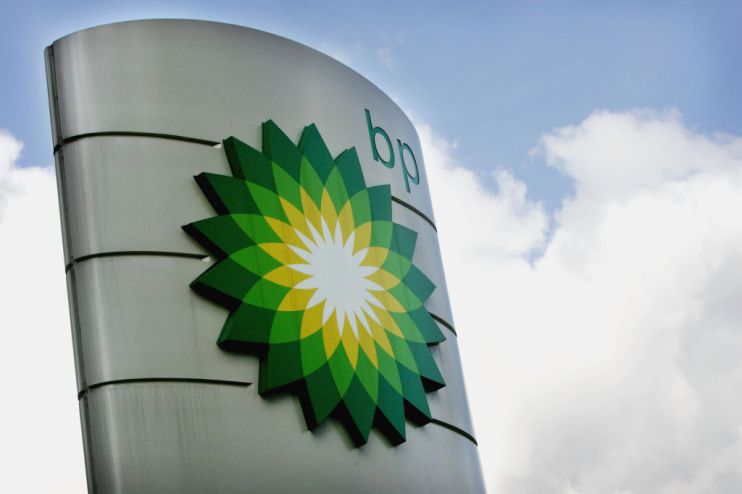BP staves off activist rebellion as embattled chairman keeps his seat

BP has convinced shareholders to back its climate agenda and boardroom pay policies, fighting off pressure from activist investors at its AGM today.
The energy giant managed to successfully re-elect chairman Helge Lund despite five UK pension funds calling for his dismissal.
It also managed to push through its remunerations policy for board members and suppress Follow This’ annual proposal for the company to bring in more stringent emissions targets.
All directors were re-elected – including Lund, who maintained the support of 90.43 per cent of shareholders.
The AGM was interrupted several times by climate protestors, including demonstrations from protest group Fossil Free London, with several protestors being carried out by security.
“Stop drilling for fossil fuels,” one activist heckled as chief executive Bernard Looney started his address to the AGM.
Otherwise, BP’s agenda passed without a hitch, with shareholders providing no major obstacles to its climate proposals and boardroom policies.
Following the results, Looney said: “We are delighted with the overwhelming support we received in the votes today. The energy transition is complex. People won’t always agree with every decision we make – we respect that and their engagement and challenge make us better. What we’ve heard clearly from our shareholders is that they want us to get on with the job of delivering the transformation strategy we have laid out. “
The numbers are provisional results based on votes cast before the meeting, but are typically very close to the final results.
BP will publish the official final results later today.
Activists fall short in annual bid for new targets
There were concerns over Lund’s position at the company, amid investor fury over BP’s decision to ease its pledges to cut emissions, targeting a 20-30 per cent cut by the end of this decade compared to a previous plan for a 35-40 per cent reduction.
BP also plans greater production of oil and gas over the next seven years compared with previous targets, as it looks to harness fossil fuel demand which powered the company to record £23bn profits last year.
These softened targets were not put to a shareholder vote at the AGM, with investors instead channelling their disagreement into a failed move to remove Lund this afternoon.
Meanwhile, Follow This’ annual shareholder resolution failed to attract sufficient voters, with numbers still below the peaks of support it enjoyed prior to the energy crisis.
Its resolution secured 16.75 per cent in favour, slightly up from the 14.9 per cent support it attracted in 2022, but below the 20.6 per cent it recorded in 2021.
The Dutch investor activist group looks to push climate policies in line with the Paris Agreement through shareholder resolutions, including maintaining global temperature rises to well below two degrees above pre-industrial levels.
It has been calling for the company to include scope three emissions in its existing 2030 reductions.
This encompasses emissions not just produced by the company itself, but those it’s indirectly responsible for up and down its value chain.
This includes its customers, and the emissions they produce when they burn purchased oil for energy consumption.
The issue is contentious among oil and gas companies across the industry, with fossil fuel majors refusing to commit to absolute targets with scope three emissions, arguing they are too difficult to forecast.
Ahead of the vote, BP has urged shareholders to vote against the resolution, regarding the proposals to be “unclear”, “simplistic” and “disruptive”, while encroaching on the board’s accountability to set the company’s strategy.
BP also quelled a revolt over its remuneration policy for directors, which garnered 94.23 per cent of support.
Shareholder Glass Lewis had recommended investors reject BP’s remuneration report after it docked only £78,329 from the £10m pay package of Bernard Looney, the chief executive, over the deaths of four workers last year.